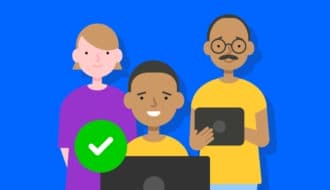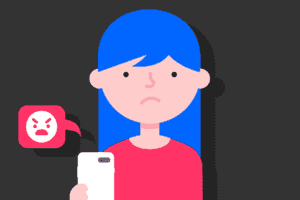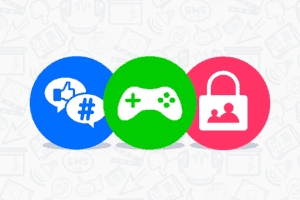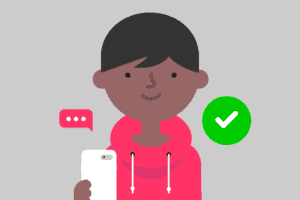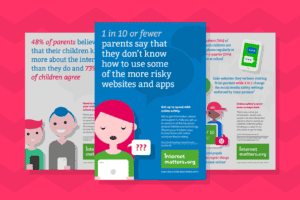Most social media and gaming platforms require users to be 13-years-old or older. However, Ofcom’s 2023 report found that 23% of 3-4-year-olds and 30% of 5-7-year-olds already have a social media profile.
Additionally, only 42% of parents in the previous year’s report could identify the correct minimum age for using social media. Children at this age don’t understand the reasons behind age requirements. So, it’s important for parents to stay informed to minimise the risk of seeing inappropriate content online.
Inappropriate content can include anything not suitable for a child’s age such as:
- pornographic videos or images
- nasty language
- hate speech
- content promoting eating disorders and self-harm
- images or videos showing violent or cruel acts
- sexism or misogynistic content
Children in Early Years are unlikely to search for this content online. However, while parental controls and restrictions will usually filter out inappropriate content, some may slip through.
It’s important to teach parents how to monitor their child’s online use at this age to ensure they are not harmed by content that is not appropriate for their age.
Additional reading









